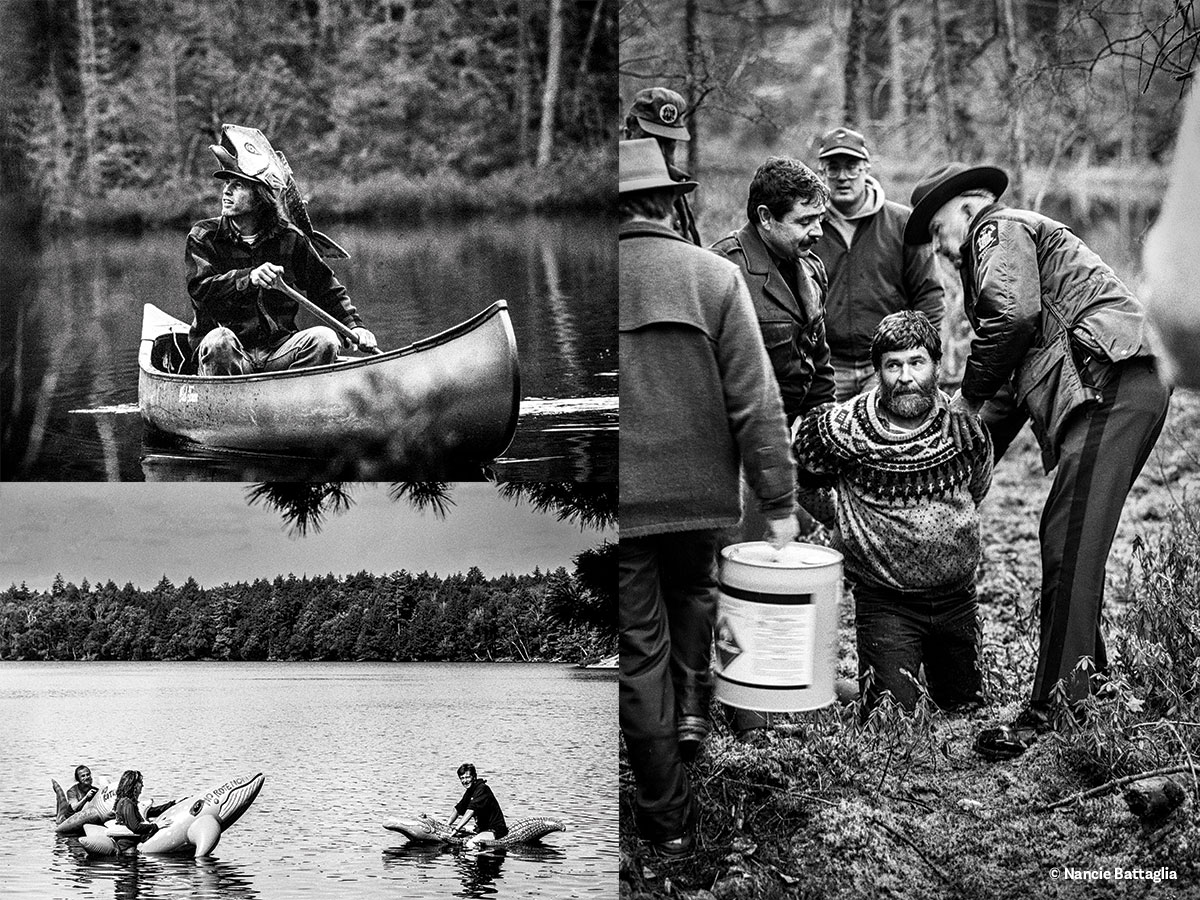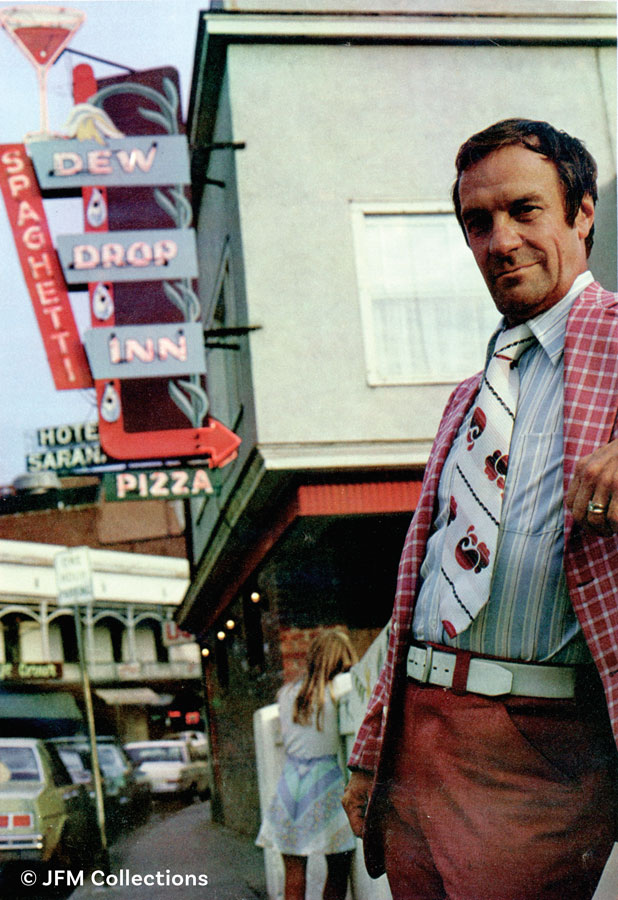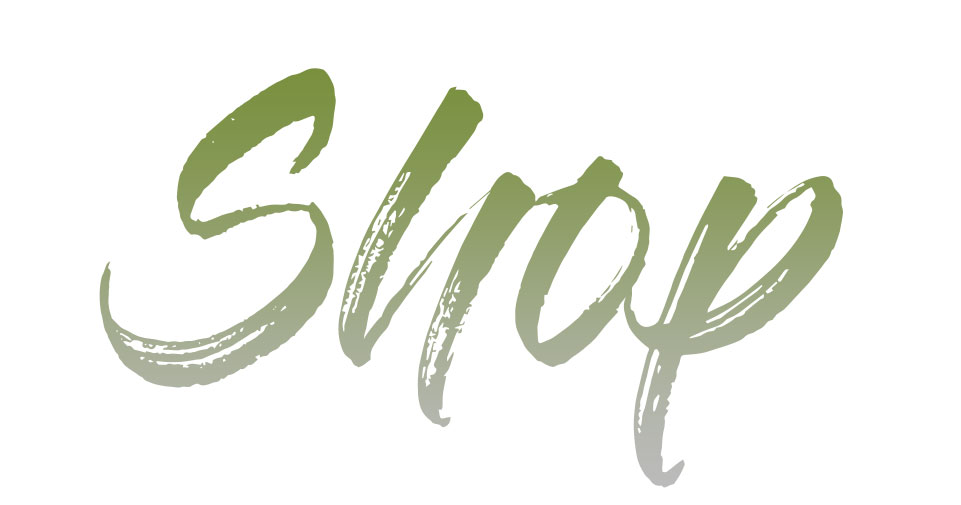Photograph by Erin Reid Coker
Growing a medical marijuana business in Chestertown
Snow flurries melted into the asphalt on Route 9 in Chestertown, west of Lake George. It was a gray morning in late fall, and the photographer and I couldn’t find Etain, LLC. The North Country’s only medical marijuana factory is not designed to stand out—there’s no sign, it’s set back from the road and so discreet we drove past it.
Once inside, there was an unmistakable smell and we knew we were in the right place. We handed over our driver’s licenses, donned hairnets, and tucked surgical booties over our shoes. Then we passed through a heavy security door, and the fragrant, mischievous scent intensified.
Hillary Peckham, Etain’s chief operating officer and spokesperson, and her sister, Keeley, co-founded Etain with their mother, Amy, who’s the chief executive officer. They named the company after a character in Irish mythology who represents mother, daughter, aunt and sister—a kind of multi-tasking goddess. “It’s been really nice with my mom, seeing her outside of the mom role,” Hillary said. “I never really saw her as a businessperson until she proposed this, and I really love working with her.”
The family is in this line of work because of Amy’s mother, Frances Keeffe, who was diagnosed with ALS, or Lou Gehrig’s disease. “By the end of her life she was on about 20 different medications,” Hillary said. “We saw how end-of-life care can really be mismanaged, because in a lot of instances it’s just like, ‘OK, well, we can’t cure ALS, so we’ll just add another pill.’”
Marijuana has been used to help patients in the kind of pain her grandmother was having, but because it wasn’t legal at the time in New York she didn’t have access to it.
Etain is the only women-owned marijuana business in New York, and it’s one of five companies originally licensed under the state’s highly restrictive medical marijuana program, which launched in 2016. Smokable cannabis isn’t allowed—only oils and liquids made of whole-plant extract, and soon, powder products, are permitted.
The Peckham women led us down a sterile, windowless hallway to a laboratory, where the band Radiohead played from a small boombox on a metal countertop. Amber and greenish liquids burbled in dome-shaped, glass chambers. “Everything that we do in here is making that refined oil for product formulation that will go into our capsules and our tinctures,” Hillary explained. This is also where they check for potency, consistency, contaminants and develop new products and techniques.
Etain employs pharmacists, cultivation experts and other specialists for every aspect of the business. The co-founders also bring their own scientific expertise to the table: Hillary studied biology at Hamilton College, and Keeley is a certified horticultural therapist.
A few years ago, Etain’s gleaming white, high-tech interior was filled with horse stalls. The former owner reportedly hoped to turn the property into an offshoot of the Saratoga Race Course in the 1980s, but that plan fell through, and the site ended up being perfect for Etain’s operation: the land is level; there’s plenty of room for additional greenhouses; and it’s in a “shovel-ready” business park, specially zoned for industrial development.
Before medical marijuana came to Chestertown, the Peckham name was already well known in the area. The family owns a construction company, Peckham Industries, which has operated a quarry and asphalt plant in the hamlet for decades, and donates to charitable causes and local initiatives through its Peckham Family Foundation.
Peckham Industries had already purchased the former horse barn in 2001. It sold the site to Etain in 2015 for $100,000. With improvements, it’s now worth more than $1.3 million—a significant boost for the town of Chester’s tax base.
Medical marijuana sales are subject to a seven percent state tax, and the county gets a portion of those revenues. It’s a tiny amount, but it seems to be growing gradually as more patients register, and as more doctors get certified to prescribe the drugs. In 2016, Warren County took in $19,677, a figure that more than doubled in the first three quarters of 2017.
Statewide, the program has been slow to grow. Governor Andrew Cuomo’s administration predicted that it would generate $4 million for the state in the program’s first year; in fact, the state made $585,000. Pricing for the drug—on average, about $250 a month out of pocket—is still a barrier for many potential patients. And it can take months to find a doctor and register for a medical marijuana card. Some of the sickest patients die before they ever get the drug, Hillary said. (Patients can pick up their prescription in person at one of Etain’s four dispensaries; the company also makes home deliveries in the Albany area. It doesn’t currently service the North Country, Hillary said, but that could change as Etain expands its delivery capacity.)
Another struggle, Hillary said, “is physician acceptance and awareness of the program. So I still talk to people every day and they have no idea that this is even available … or that it’s legal and there’s a program and they don’t know how to get enrolled, and that kind of thing.” And last year the state granted licenses to five new companies, doubling the competition and threatening the original companies’ profitability.
It’s a battle on all fronts. This year, the Trump administration changed the government’s policy on recreational marijuana. The drug is illegal at the federal level, and prosecutors now have broad authority to crack down on companies operating legally at the state level. It’s unclear how the tougher policy will affect medical pot.
New York State Department of Health Commissioner Howard Zucker said that the state’s goal is to continue the program and protect patients and providers.
Hillary isn’t particularly worried about a federal crackdown. “In New York, everything’s really tightly controlled. I don’t see as much risk as I would in California, where they essentially have no licensing process.”
Even with the challenges, Hillary said that recent developments have moved in Etain’s favor: The state added post-traumatic stress and chronic pain as qualifying conditions for the drug, which helped expand the patient population. Marijuana companies can now advertise, after initially being prohibited. And the Department of Health’s required four-hour course for doctors has been cut to two, making certification less onerous.
Etain has big plans. This year it became the first New York company to win preliminary approval for lozenges and water-soluble powder, made from the ground bud of the marijuana plant. The Peckhams also hope to expand their business, including a satellite operation in California, Hillary said.
In the meantime, the Peckhams were dealing with more immediate, North Country difficulties, such as the cold weather. “We’re a hardy bunch, but that does have a business impact—it means we have to work harder and use more energy to keep our greenhouses warm and in exceptional condition,” Hillary said.
“We need to keep the door closed,” Keeley reminded us as we stepped into one of the tropical greenhouses. Bright yellow lights and industrial fans bore down on a sea of smaller marijuana plants, and there was more music—upbeat pop this time—in competition with the fans. “The plants and the employees like the music,” Keeley said.
Worker Barbara Manley wore oversized, blue sunglasses—specially designed to filter out the yellow light—and scrubs without pockets. Security is taken seriously: everyone is closely watched on camera, and all plant material is carefully weighed and tracked. Even waste material is measured and destroyed under surveillance.
Etain employs about 30 local people at a minimum pay of $15 per hour. For Sarah Collins, a salaried manager, getting the job was “life-altering,” she said. “It has allowed us to be able to stay in the area.” She had moved to Riparius in 2012 with her husband but couldn’t find work nearby. She spent three hours commuting each day—first to and from a job in Troy, and later, Saranac Lake. She was about to move her family downstate when Etain hired her.
The medical marijuana program has been life-altering for Etain’s customers, too. Christina Homer, from Albany, had polio, which left her in pain for most of her life. Last year, she also suffered a spinal injury and could hardly leave her bedroom. After she tried Etain’s capsules, she said, her pain became manageable enough that she could get out of bed, see friends and walk for short periods of time. “I could have a life,” she said, and wean herself off eight heavy-duty medications.
Last summer, she and her husband spent the day in Lake George—a big outing for them that included a drive up Prospect Mountain. It was her first time on an Adirondack summit. Homer said she closed her eyes, took a deep breath, and opened her arms wide. “I didn’t hear a single person—and I think there were people around—but it was like I was the only one there,” she said.
“I felt so free.”
























